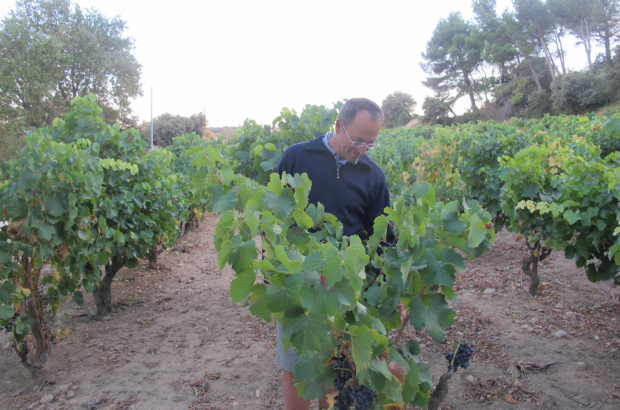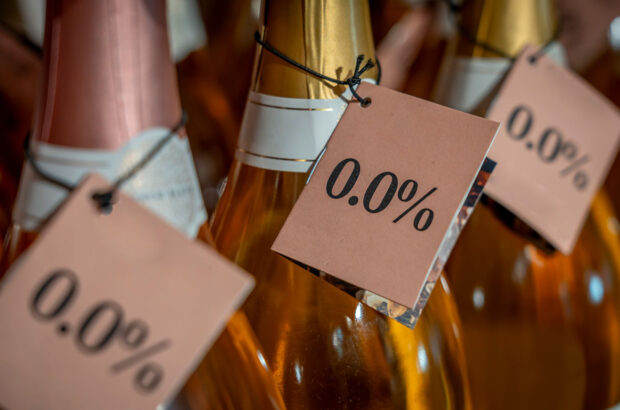Gen Z is known for turning up its nose at alcohol, but more young adults in this group may now be enjoying a drink, according to an international survey by drinks industry research group IWSR.
In March 2025, 73% of Gen Z adults said they had consumed alcohol in the previous six months, found the IWSR Bevtrac survey.
That’s up from 66% when the same question was posed two years ago. IWSR said its Bevtrac survey included legal-drinking-age adults in 15 markets and defined Gen Z as up to 27 years of age.
In the 2025 survey, 70% of Gen Z respondents in the US said they had drunk alcohol in the past six months, up from 46% in 2023.
The figure likewise rose from 66% to 76% in the UK, and from 61% to 83% in Australia.
Across all age groups, this year’s survey found that 78% respondents claimed to have drunk alcohol in the past six months.
That’s higher than the Gen Z total, but IWSR said this younger cohort’s drinking habits were increasingly in-line with those of other generations when in their 20s.
Yet, Gen Z is more likely to have sober interludes, or ‘engage in intermittent abstinence’, compared to other age groups.
Plus, drinking in moderation remains a major rising trend globally.
Richard Halstead, IWSR chief operating officer of Consumer Insights, said, ‘Moderation has been a growing trend among all drinkers for several years, but the idea that Gen Z LDA+ drinkers are somehow fundamentally different from other age groups isn’t supported by the evidence.’
It wasn’t clear why more Gen Z adults might be consuming alcohol, although Halstead pointed to disposable income as one possible factor.
‘With every year that passes, more Gen Z drinkers are entering the workforce, and those already in the workforce are typically earning more. I think we should expect that, as their incomes rise, they will drink more often – just as Millennials did before them.’
He added, ‘While moderation is set to be a long-term factor, consumption is not in a tailspin.’
Global wine consumption still sank to its lowest level since 1961 last year, said the International Organisation of Vine & Wine (OIV) recently.
This reflected pressure on household budgets and also long-term lifestyle shifts, said OIV, which also noted a rising trend for alcohol-free alternatives.







